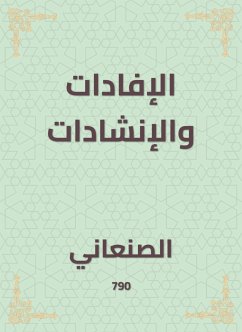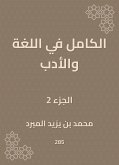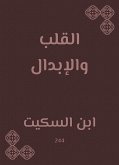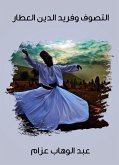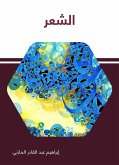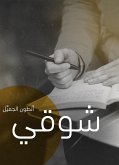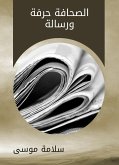A book by Abu Ishaq, Ibrahim al-Shatibi al-Gharnati, and it is classified as a book that restricts the sources of issues, controls them, and collects the narrated benefits, whatever the knowledge to which they are related. Al-Shatibi says: (I have collected for you in these papers a number of testimonies, accompanied by chants, from what I received from our eminent sheikhs and my noble and intelligent companions. I intended thereby to excite the master of the intelligible and the narrated, and to lecture the more learned from the results of the intelligibles and intellects.) He came with fifty statements, each of which he interceded with a chant. From what he narrated on the authority of the narrators directly or through a means he mentions, then he crowned the hundred with a statement and a chant that included a structured doctrinal question about predestination and destiny addressed to Professor Abu Saeed Faraj bin Lubb, and his structured answer with an explanation of the verses that Ibn Lubb referred to in his verses. Although the testimonies are varied in places, Arabic, with its grammar, literature, and eloquence, has the greatest chance in the testimonies. This indicates the author's inclination towards Arabic sciences, and the rest of the affidavits indicate his keenness to diversify the arts of knowledge and its sources. Professor Muhammad Al-Fassi talks about the importance of books that collect benefits, saying: The first person to do that, as far as we know, was Abu Ishaq Al-Shatibi, and he called his book Al-Ifadat wal-Inshidat. Many writers opposed him in this work, and this phrase became popular in scientific circles. Most of the testimonies were narrated by ten scholars, led by his sheikhs: Al-Muqari, Ibn Al-Fakhar, Ibn Lubb, and Abu Ali Al-Zawawi.
Dieser Download kann aus rechtlichen Gründen nur mit Rechnungsadresse in A, B, BG, CY, CZ, D, DK, EW, E, FIN, F, GR, H, IRL, I, LT, L, LR, M, NL, PL, P, R, S, SLO, SK ausgeliefert werden.

